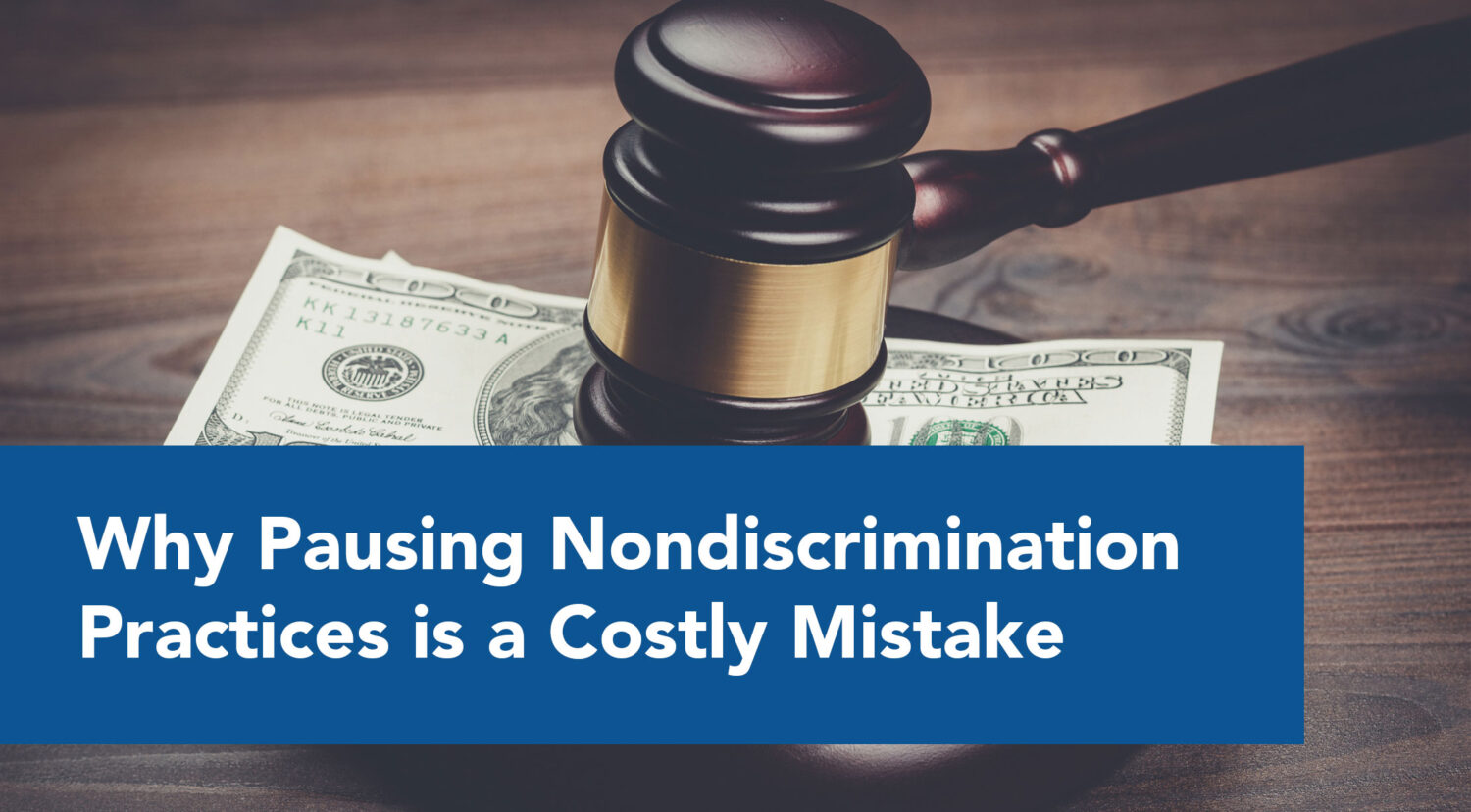It’s really happening. The OFCCP is now delivering a key item on its list of coming attractions with its Notice of Proposed Rulemaking (NPRM) regarding collection of summary data on federal contractors’ and subcontractors’ compensation practices. The OFCCP would use the information in the reports to compile and publish aggregate industry compensation data and standards. The Proposed Rule, which you can find here, will be published in the Federal Register tomorrow, August 8, 2014 followed by a three-month period for public comments, ending on November 6, 2014. The OFCCP has also published a Fact Sheet, which you can find here. )
A. The Basics:
• The Proposed Rule applies to contractors and subcontractors with more than 100 employees, who submit EEO-1 Reports and who have contracts or subcontracts of $50,000 or more lasting 30 days or more. If you are a small business and/or you only have small or very short-term contracts, this rule will not apply to you.
• Covered contractors and subcontractors must electronically submit an annual Equal Pay Report to the OFCCP via a web-based filing system, either by uploading forms, or by keying in the data. The proposed reporting window is January 1 – March 31 for all employees included in the contractor’s EEO-1 report for that year. The deadline is supposed to align with the time period covered in the contractor’s W-2 filings.
• The Equal Pay Report would collect the following information:
Total number of workers within a specific EEO-1 category by race, ethnicity and sex;
Total W-2 earnings, defined as total individual W-2 earnings for all workers in the job category by race, ethnicity and sex;
Total hours worked for all workers in the job category by race, ethnicity and sex.
B. The Background:
The Proposed Rule is in response to President Obama’s April 8, 2014 memorandum, instructing the Secretary of Labor to propose a rule within 120 days to collect summary compensation data from federal contractors and subcontractors. The OFCCP, in its press release issued yesterday, states that the proposal “reflects criteria set forth by the President to maximize the efficiency and effectiveness of the OFCCP’s enforcement programs, minimize the burden placed on federal contractors, and use data to encourage greater voluntary compliance with the law”, and “help the OFCCP direct its enforcement resources toward contractors whose summary compensation data suggests potential pay violations”. The rule, in its preamble, touts itself as a “critical tool for eradicating compensation discrimination”.
C. Some Items of Concern:
The Proposed Rule contains widely criticized elements present in the OFCCP’s initial data collection tool. Among those controversial elements are the following:
• Reports containing compensation practices will necessarily include information requiring confidentiality protections. The OFCCP has said it will treat the information as confidential “to the maximum extent permitted by the Freedom of Information Act” (FOIA), that only those agency employees who need access to the information will have it, and that it will design a web-portal for reporting and maintaining compensation information that conforms with applicable government IT security standards. Unfortunately, FOIA has not always proven to be sufficient reliable protection, and no such web portal exists yet.
• The use of W-2 information can skew the overall data, in may not cull out varying or aberrant circumstances, such as pay for employees employed late in a given year being included with those of employees who worked the full year, without accounting for the difference in start date. There will be no consideration of how education, experience, education or other qualifications of each employee in the group.
• While information based on the data in the report will not in itself result in a sanction or adverse action against a contractor or subcontractor, the OFCCP would use the information to “prioritize a contractor for a compliance evaluation”. Contractors so selected would be subject to an evaluation covering compensation data beyond that contained in the Equal Pay Report. This practice could essentially eliminate the OFCCP’s current random audit selection process and replace it with a targeted selection process, thereby converting what would otherwise have been a neutral investigation to a quasi-prosecution of a contractor all but pre-determined to be in violation of Equal Pay laws.
The Rule is not final yet. Contractors can and are encouraged to read the proposed rule, taking advantage of the public comment period to comment on the above and other elements before November 6, 2014!
For more information, contact Ahmed Younies at (714) 426-2918, x. 1 or [email protected]





